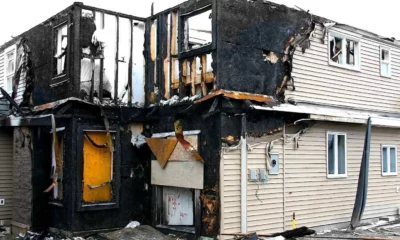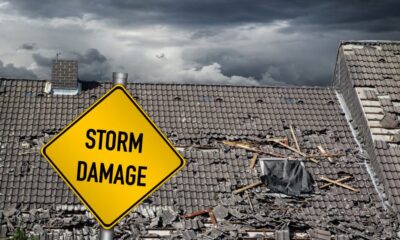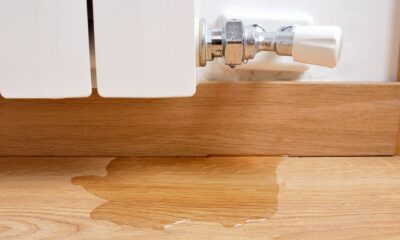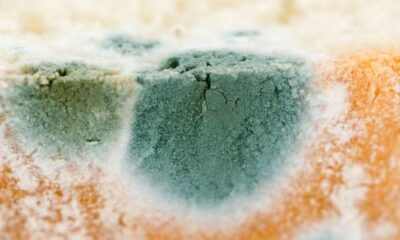Concerned About Commercial Water or Fire Damage During the Winter?

Reduce Fire or Water Damage in Commercial Properties with These Cold Weather Tips
Every fall, winterizing your business campus is an excellent way to get ahead of avoidable water, storm, and fire disasters. The cold and fierce winds of winter storms are hard on commercial properties. National Disaster Recovery (NDR) urges the inspection of commercial structures and fixtures at least yearly to ensure needed repairs, upgrades, and replacements are complete before the building suffers preventable fire or water damage.
What Structures and Systems Benefit from Periodic Evaluation and Maintenance?
-Roofing
Your business’s roof and related structures require review to prevent freezing precipitation from soaking into the property’s upper levels. Shingles, flashings, and vent covers need proper installation, and the roof edge is sealed to avoid seepage of moisture.
-Gutters and Downspouts
Whether your property has an angled or, commonly, a flat roof, NDR references a complicated array of fixtures that collect, drain, and direct water to protect the building and its foundation. Ensuring the proper cant and installation of gutters at the roof edges is essential. Downspouts must attach to the gutters and disgorge the collected water ten or more feet away from the perimeter of the building. Make sure to remove clogs of leaves or other debris to avoid the pooling of ice and water in the drainage system, limiting the forcing of fluids into the building.
-Plumbing and Waste Lines
Yearly or preferably more frequently, NDR recommends your commercial building’s pipes, drains, and sewage main receive a visual inspection for cracks, leaks, and loose connections. Remote camera inspection of drains and sewer lines for roots and clogs also is indicated. NDR lists professional contractors skilled and certified for these tasks and any repairs or replacements needed.
-Electricity and Gas Utility Lines and HVAC Systems
Water damage is one winter worry, but NDR urges business owners not to ignore the risk of fire hazards during colder months. Checking for issues and arranging for upgrades or fixes for wiring, extension cords, gas and oil supply lines, and especially the use of space heaters during the winter lessens the chance of fire damage. Up-to-date maintenance and calibration of HVAC systems is another way to keep commercial spaces warm enough to avoid freezing pipes.
-Insulation Upgrades
Pipes freeze during the winter months, and spaces can become too cold for commerce. A remedy for both problems can be a review and upgrade of the insulation in your commercial building. Increasing the R factor by adding or replacing insulating materials prevents plumbing from freezing and rupturing. Better insulation prevents ice dams created at the rooftop due to thawing and freezing cycles. An increase in the R factor also reduces the temptation to use portable or space heaters, preventing one of winter’s most common fire risks.
Why Collaborate with a Restoration Company in Developing an Emergency Response Plan?
Businesses should plan for winter water and fire damage. Assessments and discussions between owners and restorers can create a personalized recovery agenda that helps rapidly restore fire or water-damaged commercial property during the winter and the rest of the year as well.
Check out the NDR list of disaster restoration companies offering commercial owners emergency preparedness protocols individualized for their specific operations.










Facebook
RSS